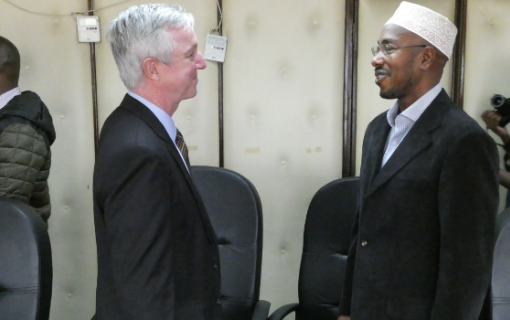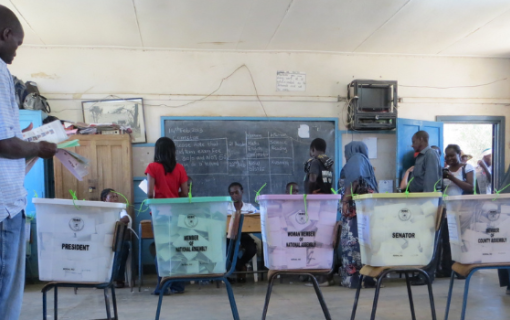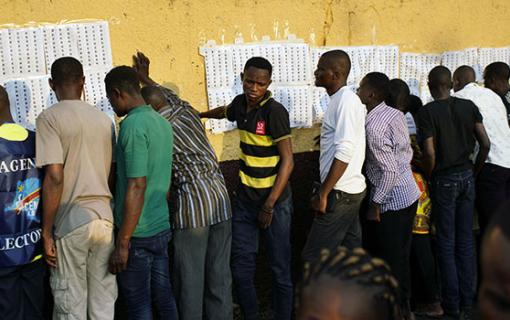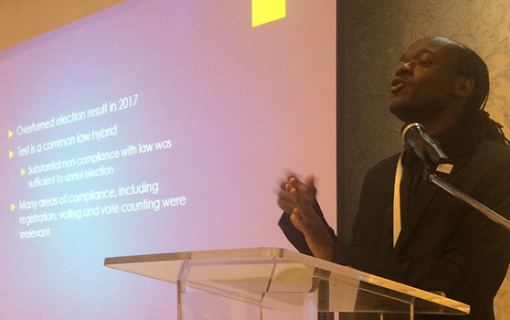Kenya Inquiry Commission Adopts IFES Recommendations
Full Report: The Electoral Process in Kenya: A Review of Past Experience and Recommendations for Reform, IFES Final Report
In this report, the International Foundation for Electoral Systems (IFES), an international, nonpartisan democracy development organization, presents its review of the Kenyan electoral process and makes recommendations for reform. The intent of this report is to have its findings presented to the Independent Review Committee (IREC) to consider in its examination of the electoral process, and the development of its recommendations for comprehensive measures to be taken to improve the conduct of future elections.
Through an overview of the political and technical problems hobbling the Kenyan electoral system, this report aims to contextualize the main challenges faced by the national community in view of future elections, without specific regard to the details of the December 2007 elections, which may never be known. Numerous technical and electoral problems have been identified by IFES during its work in providing election assistance to the Election Commission of Kenya (ECK) between 2002 and 2008.
A thorough evaluation of the Kenyan electoral process brings several issues to light. First, the process is heavily dependent on political structures that reflect particular institutional imperfections in the country. Secondly, previous attempts at reform have lacked necessary constitutional backing and have fallen short by targeting specific issues arising from individual elections, rather than addressing problems in the overall system.
IFES offers the following recommendations, which are discussed in greater detail in this report:
Electoral Management Recommendations and Reform Concepts
Recommendation 1: Reduce the number of Commissioners.
Recommendation 2: Delegate greater responsibility to the Secretariat.
Recommendation 3: Professionalize the Commission.
Recommendation 4: Create a separate training unit under the elections department.
Recommendation 5: Codify electoral policies and procedures.
Recommendation 6: Improve the structure of the Secretariat.
Recommendation 7: Increase the integration of technology into election processes.
Recommendation 8: Reach the public through the media.
Recommendation 9: Improve internal communications.
Recommendation 10: Establish and maintain communications with important stakeholders.
Recommendation 11: Allow the Electoral Commission Kenya (ECK) to conduct referenda.
Recommendation 12: Allow the ECK to enact regulations.
Recommendation 13: Empower the ECK to resolve electoral disputes.
Recommendation 14: Make the ECK accountable to the National Assembly.
Recommendation 15: Mainstream voter education.
Voter Registration Recommendations and Reform Concepts
Recommendation 16: Create separate voter registers for polling stations.
Recommendation 17: Revise the voter register.
Recommendation 18: Consider switching to an electronic voter registration system.
Boundary Delimitation and Electoral System Reform
Recommendation 19: Make constituency delimitation the clear mandate of an independent
commission [either the ECK or a new entity] with an obligation to consult parliament and other
stakeholders and delimit constituencies based on widely agreed-upon criteria with fixed
maximum deviations for population size.
Recommendation 20: Consider provisions governing the election of MPs with provisions defining
a mixed member proportional system of representation (MMPR).









